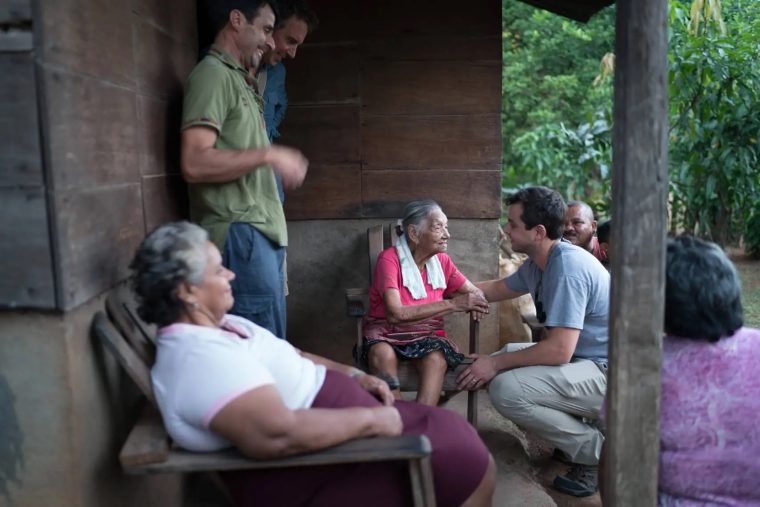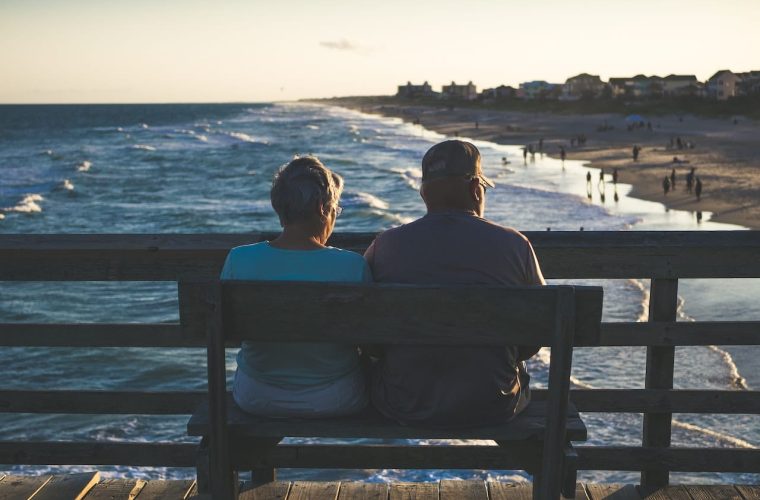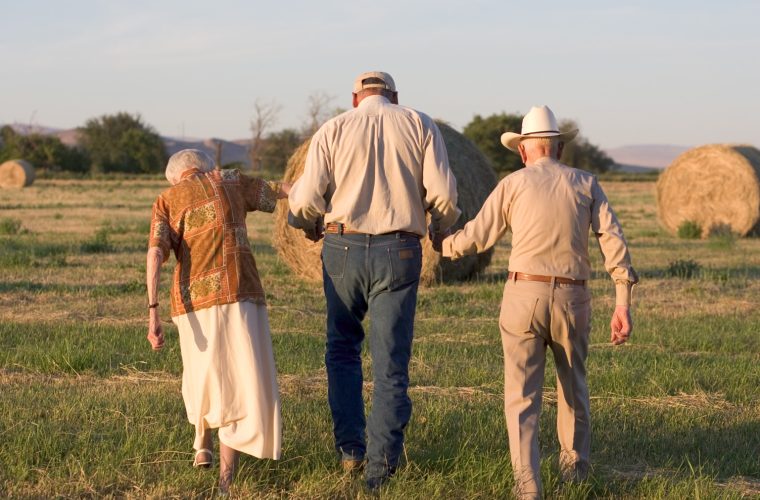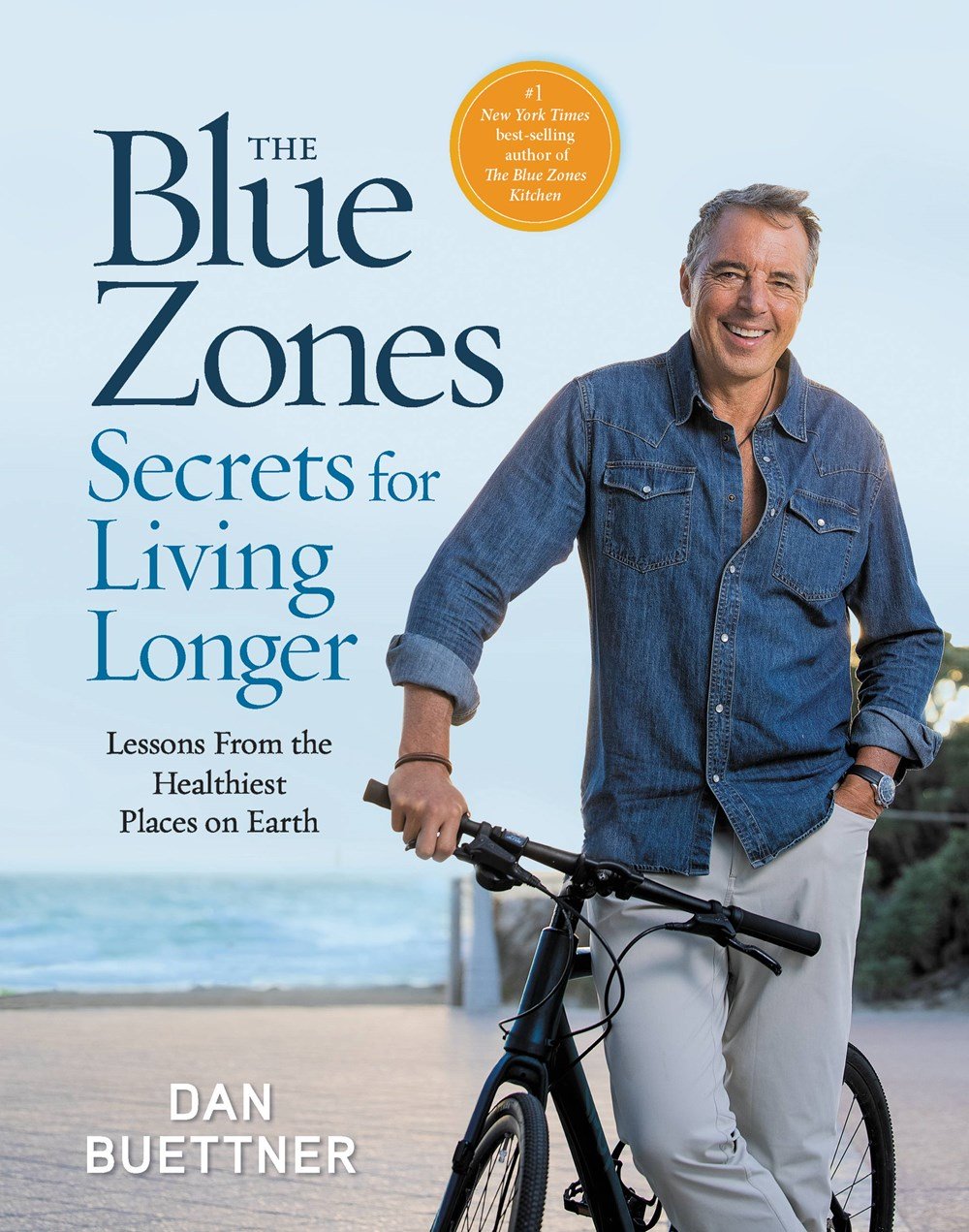According to Dr. Robert Waldinger, a psychiatrist and director of the Harvard Study of Adult Development, people with the best health outcomes were people who “leaned into relationships, with family, with friends, with community.”
Educating Mothers
In our work studying extraordinary populations around the world, we’ve found that family is the foundation for health and happiness. Blue Zones founder Dan Buettner explains how educating mothers can lead to an upward spiral of health and well-being, as it did in Costa Rica:
“Economic development is important for poorer countries, but it’s not that important for rich countries when it comes to happiness. The policies that set into motion an upward spiral in well-being are making sure kids have enough education so they can read, and educating women, especially mothers. [Those] mothers have fewer children who are better educated, healthier and grow up to be more productive, better parents and make better voting decisions so that the next generation’s even better.”
Face-to-Face Conversations
Costa Rica is home to one of the five original blue zones regions, the Nicoya peninsula, with a high number of centenarians in excellent health. It’s also one of the happiest places in Central America: Costa Ricans report a high level of life satisfaction and the country has the highest literacy rate in Latin America.
Happiness and health converge in this tiny country. Why? Buettner explains: “This is a place where religion, family, and social interaction are the main values, unlike trying to get ahead, or financial security, or status. Their cities are set up so they’re bumping into each other all day long. They walk to the markets, where they have conversations with people.”
In Costa Rica, multiple generations either live together in the same house or within close proximity, and are very much involved in each other’s lives. There’s a village mindset where neighbors are often more like extended family, and people come and go to help each other or just stop in for a visit.





